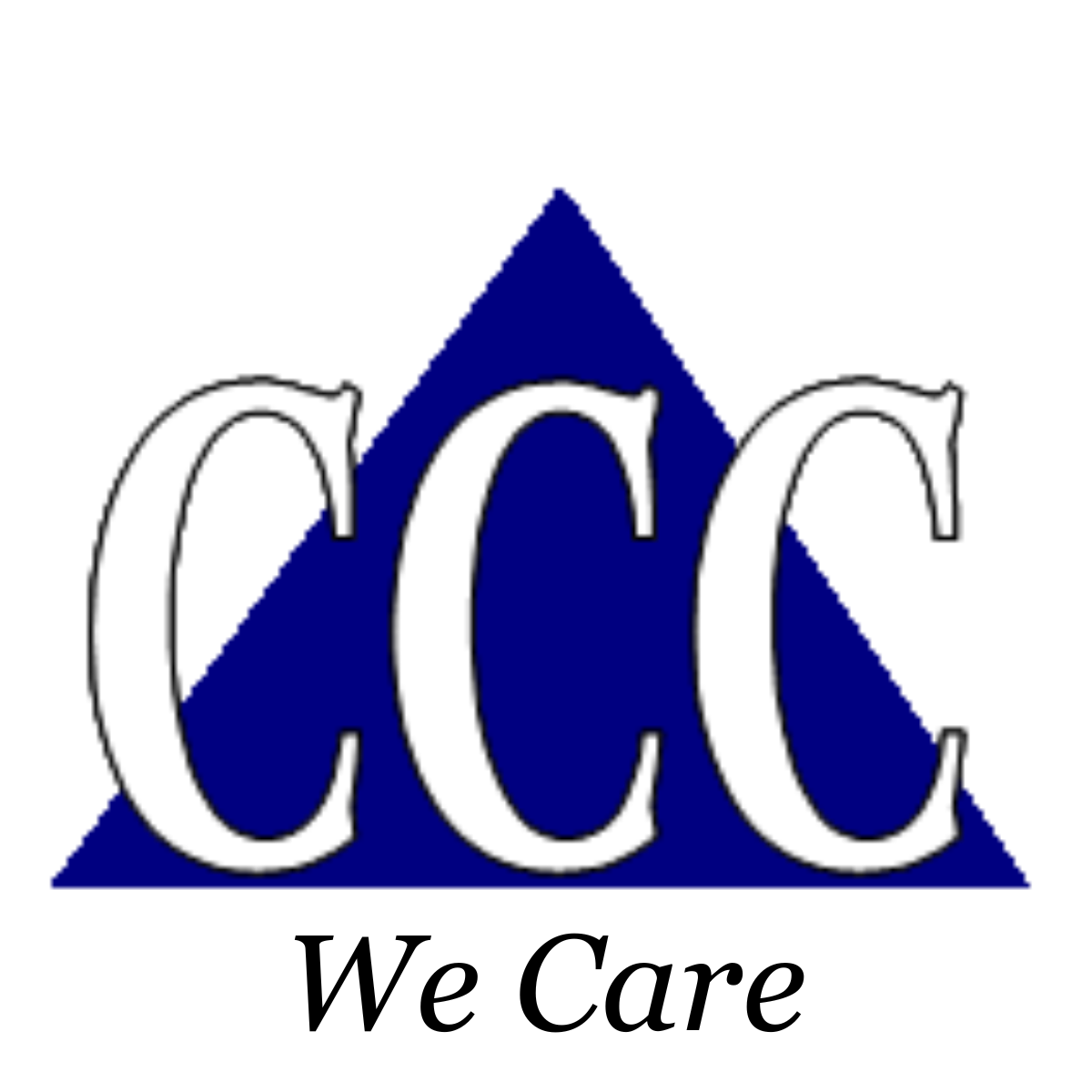Court-Ordered Evaluation & Treatment
Changes Counseling is a state-approved mental health provider offering evaluation and treatment following offenses.
This service is for individuals who have committed criminal acts including domestic violence and drug or alcohol related offenses.
EXPECTATIONS FOR TREATMENT
Evaluation
Mental health, substance use, and/or domestic violence evaluations are scheduled following receipt of admission paperwork. Admission paperwork includes:
A police report and/or discovery of the offense
This can be obtained through the police department or your attorney, if applicable. In instances, where the police report is not easy to obtain you may also reach out to the courts to request a Discovery. One of these documents is necessary to develop a treatment plan that complies with state law and ethics codes.
The individual’s criminal history report
A criminal history report can be found through the Utah Bureau of Criminal Identification and Investigation (BCI) or ordered through Changes Counseling.
Changes Counseling intake packet
The intake paperwork is located under the forms tab, or you can select the “Get Started Here” button below.
Photo ID
Following the completion of your evaluation session with a therapist, an enrollment letter can be sent to any necessary parties upon request. An evaluation write-up and treatment plan will be sent approximately four weeks after the first appointment, which outlines treatment recommendations (if needed) for the court based on the individual’s unique circumstances.
Treatment
Treatment is individualized and recommended based on a compilation of evidence. Recommendations may include a mixture of any of the services below. To maintain compliance throughout treatment, four sessions of therapy are required per month. Services are completed through videoconferencing; if you require assistance accessing the technologies required for treatment, computers are available in the office for use. Individual counseling is available in person with select therapists.
SUBSTANCE ABUSE TREATMENT
Treatment may include one or more of the following services.
Moral Reconation Therapy
This service is typically recommended for repeated offenders, or serious convictions, to enhance personal sense of moral reasoning, maturity, and responsibility through structured exercises.
Advanced Parenting seminar
The presence of children during a substance-related incident requires participation in this seminar, however, it is also available per request. This class aims to assist parents in developing effective tools for maintaining a stable and nurturing home environment.
Thinking Error Recognition
This service addresses the self-defeating thought patterns that promote substance use and criminal conduct.
Individual & Family Therapy
This type of therapy is aimed at helping clients manage underlying emotional challenges that promote patterns of substance abuse.
PRIME for Life
A state requirement following any alcohol or drug-related offense, this service offers insight into how substance use impacts other areas of life. A victim panel is present, which promotes sympathy for those who have been harmed through impaired behavior.
Alcohol & Drug Group Therapy
Group therapy allows participants to experience sober social support and develop skills to reduce maladaptive coping strategies related to substance use.
Substance use Testing
Testing ensures clients are maintaining sobriety throughout treatment. It is conducted randomly, with numbers being assigned to the client through their treatment plan. Numbers are called daily via the substance use testing hotline. See the “Contact” page for the phone number. If the client chooses to test through their parole officer or a lab, that is also accepted but must be confirmed through appropriate documentation.
DOMESTIC VIOLENCE TREATMENT
Treatment may include one or more of the following services.
Thinking Error Recognition
This service addresses the self-defeating thought patterns that promote domestic violence and criminal conduct.
Individual & Family Therapy
This type of therapy is aimed at helping clients manage underlying emotional challenges that promote patterns of domestic violence.
Anger Management Techniques
This service aims to provide excellent tools for maintaining self-control, especially when feeling provoked or faced with adversity.
Domestic Violence Group Therapy
Group therapy sessions address skill development for conflict resolution, enhance interpersonal connection, and support for maintaining healthy habits.
Moral Reconation Therapy
This service is typically recommended for repeated offenders, or serious convictions, to enhance personal sense of moral reasoning, maturity, and responsibility through structured exercises.
Advanced Parenting seminar
The presence of children during a domestic incident requires participation in this seminar, however, it is also available per request. This class aims to assist parents in developing effective tools for maintaining a stable and nurturing home environment.



